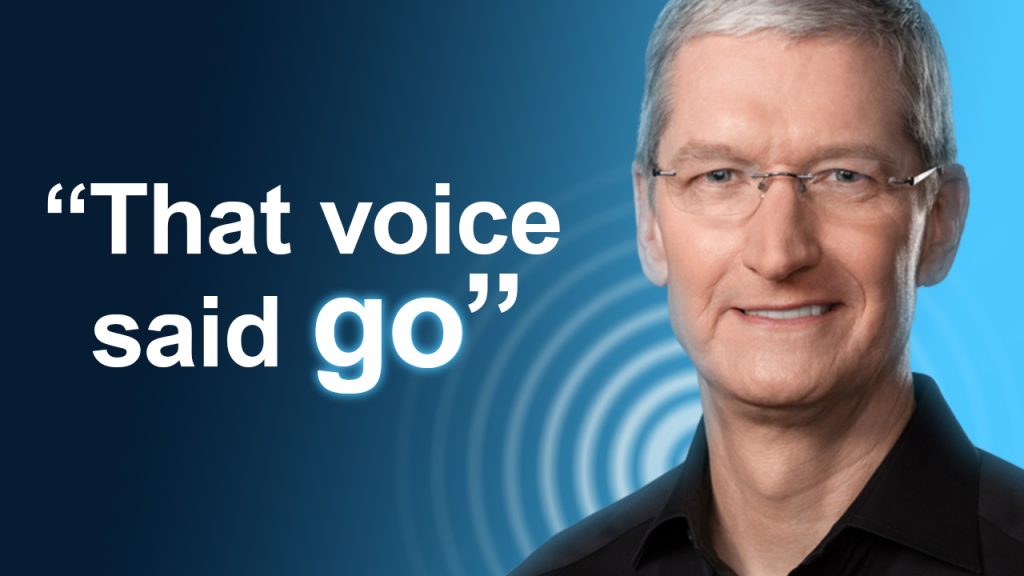Tim Cook was at the peak of his career, enjoying a high-ranking leadership position as Vice-President at a major technology company, when he received a life-changing call from none other than Steve Jobs. The call wasn’t just casual—it was Jobs really trying to convince Cook to join him at Apple, a company that was in the process of redefining the tech industry.
On the surface, the decision didn’t make much sense. Why would Tim Cook leave a stable, successful role to take a risk at Apple? It defied conventional logic, and many people in Tim’s life thought it was a terrible idea. They told him he was crazy to even consider the offer.
The Power of Intuition in Career Decisions
Despite all the doubts surrounding the decision, Tim Cook didn’t rely solely on logic. Instead, he listened to his intuition—a powerful internal guide that consists of four different types. Each type of intuition was pushing him to make the leap, urging him to trust that this move was the right one for his career.
Cook’s intuition played a significant role in his ability to recognize the immense potential that Apple held, even when others around him couldn’t see it. His decision to join Apple was not just a career move—it was a leap of faith, guided by his gut instincts.
Tim Cook’s Career Success at Apple
After following the intuitive signals urging him to accept Steve Jobs’ offer, Tim Cook joined Apple and found incredible professional success. His intuition guided him through numerous strategic decisions, helping him navigate Apple’s growth during one of its most transformative periods.
Cook’s ability to balance intuition with analytical thinking has been instrumental in Apple’s success. Under his leadership, Apple continued to grow into a global powerhouse, with innovative products and groundbreaking technology.
Watch the Video Below to Learn More About Tim Cook’s Journey
Lessons from Tim Cook’s Journey
Tim Cook’s story offers a powerful lesson about the importance of intuition in decision-making, especially in business and leadership roles. While it’s essential to analyze data and consider logic, intuition often plays a pivotal role in making career-defining decisions.
Had Tim ignored his gut feeling and followed the advice of others, the Apple story might have turned out very differently. Cook’s journey reminds us to trust our inner voice, especially when it comes to high-stakes decisions that have the potential to shape our future.
How You Can Harness the Power of Intuition
Just like Tim Cook, you can harness the power of your intuition in your own career and business decisions. Here are some ways to tap into your intuition effectively:
- Listen to Your Gut: If a decision doesn’t feel right, trust that feeling. Intuition is often your brain processing information that logic alone cannot explain.
- Balance Data with Instincts: While data is essential, don’t ignore the subtle signals your intuition sends you.
- Trust Your Experience: Intuition is often rooted in your past experiences. Reflect on similar situations and trust that your subconscious has learned from them.
Conclusion:
Tim Cook’s journey from Vice-President at a major tech company to CEO of one of the most influential companies in the world demonstrates the power of intuition. His decision to join Apple, despite all the logical reasons not to, led to extraordinary success. By trusting your intuition, just like Tim Cook did, you can make decisions that propel you forward in business and life.

